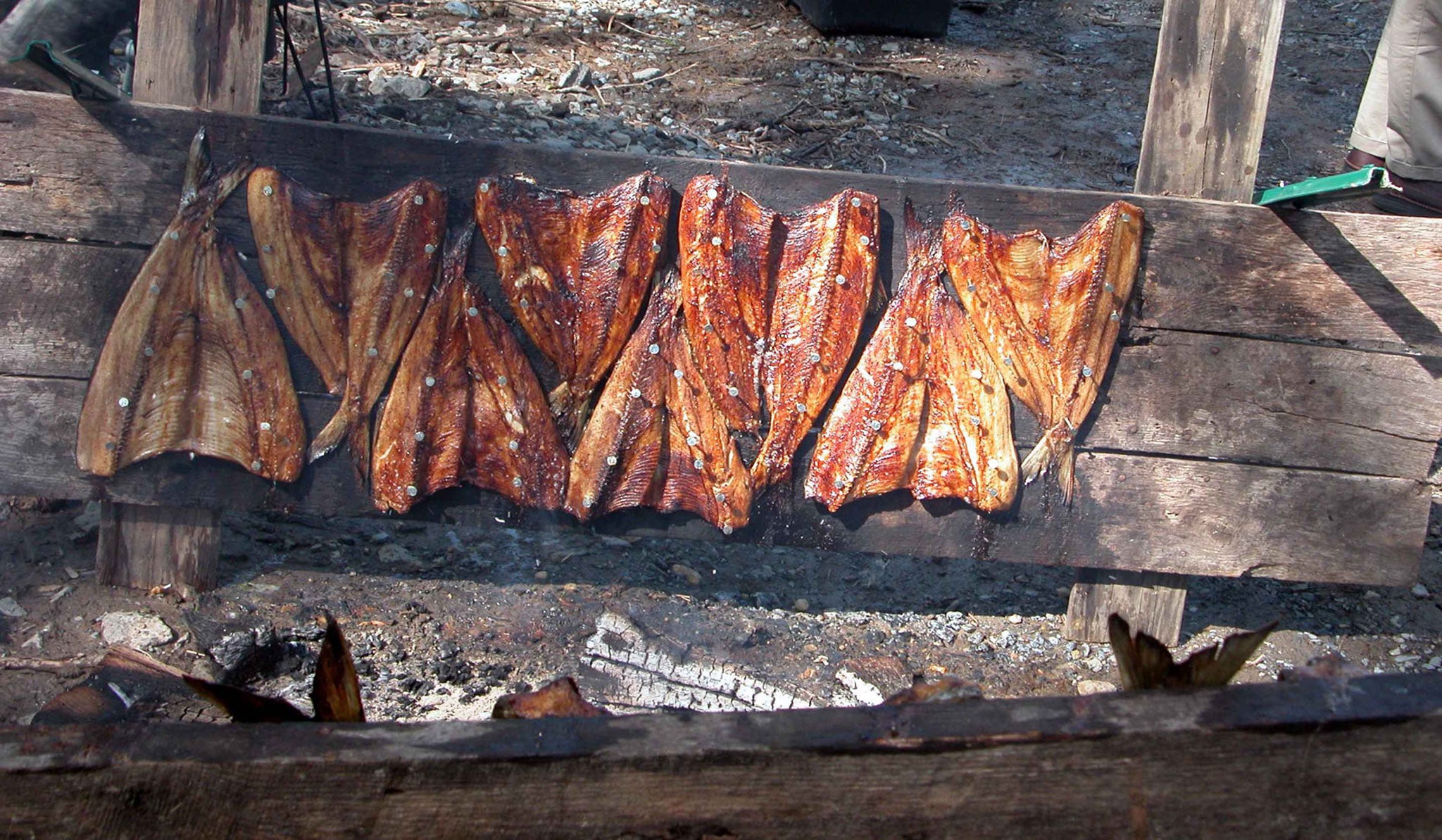Rhodri Marsden's interesting objects: General George Pickett's shad bake
Three Confederate generals enjoyed the local tradition in a secluded part of Virginia 150 years ago this week, while Pickett's troops were being annihilated in what became known as the "Waterloo" of the Confederacy

* In a secluded part of Virginia known as Hatcher's Run, 150 years ago this week, three Confederate generals, George Pickett, Fitzhugh Lee and Thomas L Rosser, enjoyed a local tradition known as a shad bake. This involved attaching shad (a local herring) to boards, sticking them in the ground around a fire, then eating them. It had been a cold, hungry winter, and the shad provided the men with a rare treat. The only problem was that two miles away, Pickett's troops were being annihilated in what became known as the "Waterloo" of the Confederacy.
* "Some time was spent over lunch," recalled Rosser, "during which no firing was heard... We concluded that the enemy was not in much of a hurry to find us as Five Forks." Five Forks was the crucial crossroads which, that morning, Robert E Lee, the general-in-chief, had instructed Pickett to hold at all costs. The feasting generals heard nothing because the wooded area they were lunching in muffled the sound of gunfire.
* Pickett was a colourful character, possessing what everyone agreed was a magnificent head of hair. But he'd had previous when it came to avoiding battle. Two years earlier, in the bloodbath known as 'Pickett's Charge', he remained curiously unharmed in a position well to the rear of his troops. Before the Battle of Five Forks, Pickett told no one that he was heading off to enjoy a shad bake, and when he finally turned up, he discovered that 2,400 of his men had been taken prisoner.
* Following this fiasco, Robert E Lee was forced to flee west. Before his surrender a week later, which marked the end of the American Civil War, he was heard to say of Pickett: "I thought that man was no longer with the army". Pickett later became an insurance salesman.
Join our commenting forum
Join thought-provoking conversations, follow other Independent readers and see their replies
Comments
Bookmark popover
Removed from bookmarks